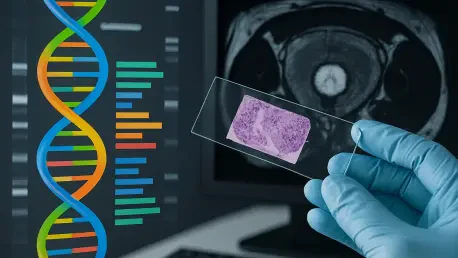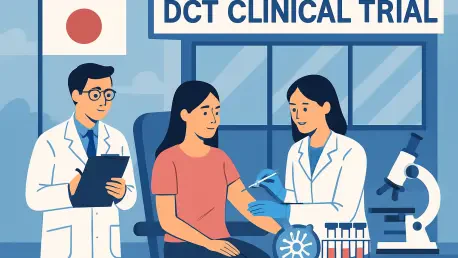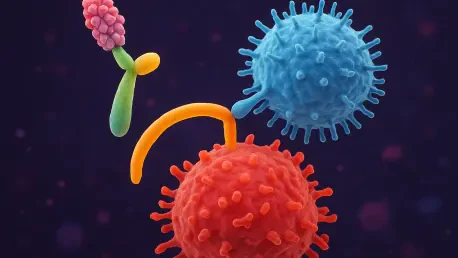
Imagine dining out with friends, eagerly awaiting a meal labeled "gluten-free," only to face the lingering fear of hidden gluten triggering severe health issues, a daily reality for millions with celiac disease or non-celiac gluten sensitivity. Cross-contamination and mislabeling remain pervasive

In a world still grappling with the aftermath of a global health crisis that recorded over 700 million cases and 7 million deaths, the role of COVID-19 vaccines stands as a testament to human ingenuity and scientific progress. These vaccines, developed at an unprecedented pace through years of

Today, we’re thrilled to sit down with Ivan Kairatov, a renowned biopharma expert with extensive experience in research and development, and a deep understanding of technological innovation in the industry. Ivan has been closely involved in groundbreaking studies that are shaping the future of

In a world where obesity affects millions and weight loss solutions often fall short, a groundbreaking development in genetic testing is poised to change the game for those struggling to shed excess pounds. Imagine a future where a simple blood or saliva sample could reveal not just why weight loss

Japan stands as a pioneer in the transformation of clinical trials, embracing Decentralized Clinical Trial (DCT) models to reshape how medical research is conducted within its unique regulatory and cultural framework. At the core of this innovation lies the "partner site model," a strategic

This how-to guide aims to help readers understand the groundbreaking potential of a novel fusion protein in cancer immunotherapy, providing a detailed roadmap to grasp its development, mechanisms, and implications. By exploring this innovative treatment, the guide equips readers with knowledge